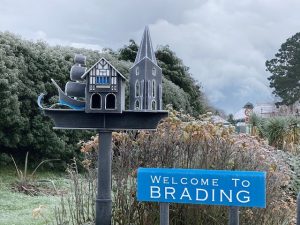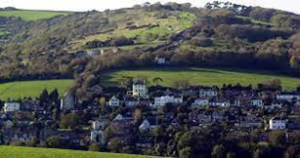About Us


Brading Town Council is a local authority that makes decisions on behalf of the people in the town. It is the level of government closest to the community, with Isle of Wight County Council above it in the hierarchy. The Council works in partnership with the Isle of Wight Council as well as other relevant public service agencies and volunteer organisations to achieve positive results for our area.
As the authority closest to the people, Brading Town Council is the first-place people come with concerns or ideas. For this reason, we are a vital part of the community and we would like to encourage you to engage with us.
Please feel free to contact the Town Clerk and staff at The New Town Hall
by calling 01983 401770, email: townclerk@brading.gov.uk or post.
They will be happy to advise you on any questions or enquiries you may have.
The Hall is open Monday – Thursday 9:00am to 12:00pm.

Council Meetings
All Town Council Meetings are held at the Town Hall at 7pm unless otherwise stated. A calendar of meetings and events is shown here
Members of the public are welcome to attend and to speak at Brading Town Council’s meetings; if you wish to make a statement or ask a question at a meeting, please contact the Town Clerk prior to the start of the meeting.